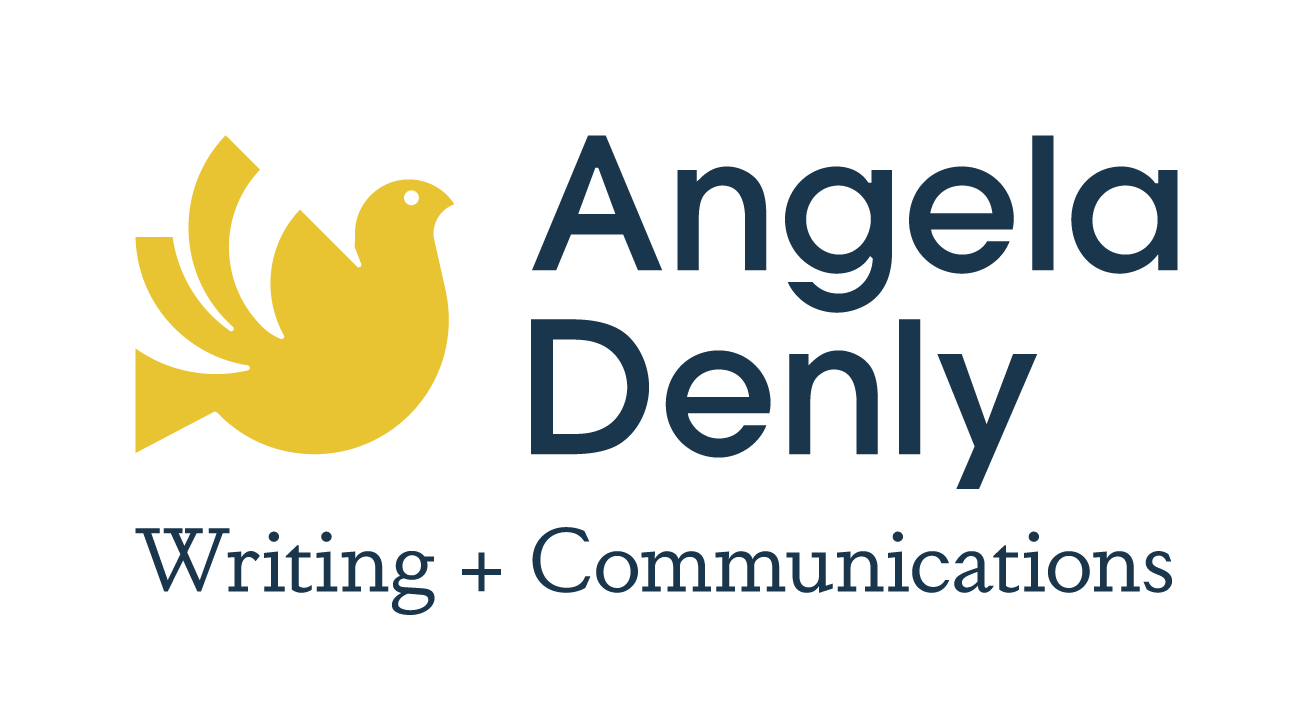06 Mar Considerations for self-publishing a book
The pros and pitfalls of self-publishing
They say everyone has a book in them. And in the modern world, getting published is easier than ever. Many people, especially in the area of non-fiction books written by business owners, are choosing to self-publish. There’s a range of courses to help would-be self-publishers and a range of platforms to help your book go from manuscript to hard-copy. Alternatively, you can work directly with a local printing company.
But before you start the self-publishing journey, it’s important to take a look at some key considerations before taking the plunge into the world of being an author. To get a broader perspective on self-publishing, I sat down with a couple of people who have successfully published their own books to find out their experience and pass on some tips to aspiring authors.
[ctt title=”Just because you can self-publish a book, should you? #selfpublishing #editing” tweet=”Just because you can self-publish a book, should you? #selfpublishing #editing http://ctt.ec/oTb2a+” coverup=”oTb2a”]
Reasons to self-publish
For copywriter Kate Toon, her first self-published book – a collection of poetry called Gone Dotty – was published on a whim. But for her second book, the children’s story Wobbly Jim and a Parrot Named Sue, Kate had secured an agent who sent the manuscript to lots of publishers. While the feedback was positive, the publishers felt there were too many pirate books around, leading Kate to decide to self-publish.
Matt Fenwick had a slightly similar experience. Matt’s book, Life Without Lanyards, is a guide for public servants thinking about leaving to start their own business. After a chance meeting with someone from a publishing house who was far more interested in the book than Matt expected, and negotiations started for them to publish the book. In the end however, the publishing company’s terms were very one-sided. “Basically the publishing company had no obligation to promote the book and they just weren’t responsive, so I decided to self-publish,” says Matt.
Other reasons to self-publish include a niche market that a publishing house may not want to take a risk on, you want a faster timeline than traditional publishing allows, or you just want to maintain a higher degree of control over the process.
Getting printed: What do you need to think about
For Matt, he worked with a book publishing consultant to guide him through the process of self-publishing. The consultant helped him with all aspects of print procurement including decisions on the book size, the paper used, and a recommended printer.
Similarly, Kate worked with an online printing company, Vivid Company. “They took care of things like the ISBN, etc. We sent ready-to-print files, and they got everything organised with regards to printing.”
Another consideration is whether you want your book to be available digitally as well as hard-copy. If printing an e-book, there are several formats (eg epub, mobi, PDF) all with various pros and cons.
Publishing a book isn’t enough: Why you need a promotion strategy
Even for books published through mainstream publishing companies, in the modern world it is vital for authors to take an active role in promoting their book. For both fiction and non-fiction authors, it’s important to develop an author’s platform – typically a strong online presence. For non-fiction authors, this may be your work website and professional social media properties.
But online promotion isn’t enough. Kate Toon had built a strong email list from the crowdfunding campaigns she used to fund both of her books, but says “the rest was a hard plod of social media, readings at events, schools, bookshops, markets and cafes.”
Crowdfunding was also used by Matt for his book, and he was fortunate enough to be selected as a staff pick by Kickstarter. He attributes at least part of his crowdfunding success to sorting the cover design early. “A great cover catches peoples’ eye and I think this helped me to exceed my fundraising target,” says Matt.
Matt also help a launch event in Canberra for his book, which was made possible by the venue chipping in for catering. He used Facebook and email marketing to build interest in the book, but says that if he were to repeat the experience he would take more time to slow build a community around the book.
Depending on the nature of your book, you can also consider public relations strategies like targeting trade media and book reviewers. This can be particularly successful for business-related non-fiction books.
How are you going to sell your book?
Without a doubt, distribution is one of the biggest challenges of self-publishing a book. As Kate says, getting your books to bookstores can be very expensive, although Wobbly Jim was sold via some bookstores including Dymocks and local bookstores. A large chunk of both her books were pre-sold as part of the crowdfunding campaign, with the rest sold via her website and events.
Similarly, Matt has sold most copies of Life Without Lanyards through his website. He has used Celery as an order fulfilment platform, recommending its low commission and ease of use for processing orders. “I also found local, independent Canberra bookstores were universally receptive to stocking the book, as was the National Library of Australia,” advises Matt.
So is self-publishing worth it?
Let’s be frank – it’s highly unlikely that you’re going to make your fortune from self-publishing a book. But that doesn’t mean it’s not worthwhile!
Kate says, “Despite the negatives, the whole experience is wonderful and great for your personal development. Also NOTHING, and I mean NOTHING, beats opening that box of your self-published books and breathing in the smell of a dream fulfilled.”
Similarly, Matt found self-publishing to be very rewarding. “Just the process of writing a book, and writing often, made me a better writer. Having people come up to me at networking events and tell me how much they enjoyed the book and how it has helped them has also been good.”
For business-focused authors, self-publishing a book can provide an excellent platform for promoting your services and connecting with your audience. For fiction writers, self-publishing can help you to build a fan base and demonstrate a level of success that will encourage a mainstream publishing house to invest in you. Ultimately, it’s all about being clear on why you want to self-publish and what your end goal is.
[ctt title=”Before self-publishing, think about your plans for distribution and promotion #selfpublishing” tweet=”Before self-publishing, think about your plans for distribution and promotion #selfpublishing http://ctt.ec/EYy1U+” coverup=”EYy1U”]
Over to you
Have you self-published a book, or thought about it? What did you wish you’d known before self-publishing? Tell me your experience in the comments!



